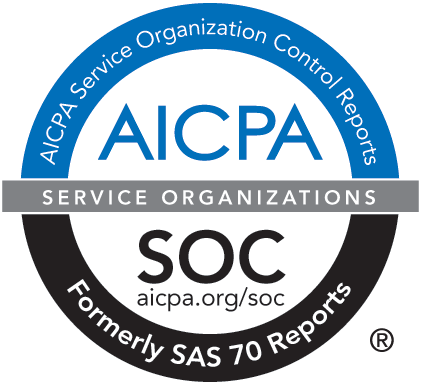END-OF-YEAR GIVING WITH NONCASH ASSETS
December 2, 2022 – December is here, and holiday gift-giving is upon us. Some of us finished buying gifts for family and friends weeks ago and now have them beautifully wrapped under the tree. Others of us have only just begun Googling “gift ideas for mother-in-law” and are prepared to pay for expedited shipping. Wherever you are in the gift-giving process, it’s likely you are also considering what charitable gifts to make before year-end.
While cash is still the most common gift to charity, when markets are down and money feels tight, it can help to get creative with your giving. Depending on your financial situation, noncash gifts may allow you to maximize your charitable impact.
DONOR-ADVISED FUNDS
A donor-advised fund (DAF) is a charitable giving account that is sponsored by a public charity (e.g. HighGround Advisors) and funded by a donor’s tax-deductible contributions of cash, stock, mutual funds or other assets. Contributions to a DAF have the potential to grow, tax-free, over time and donors retain the right to recommend grants from the DAF to eligible charities of their choice.
While DAFs are often funded with cash, we mention them first because they can be a tax-advantageous vehicle for donors who wish to contribute noncash assets to charities that are not equipped to receive those assets. Generally, it only takes a day or two to open a DAF, so it’s not too late to open a fund before year-end and receive a charitable tax deduction for the assets you put in it.
APPRECIATED SECURITIES
While it may seem counterintuitive to donate stock when the market is down, if you have long-term appreciated securities in your portfolio, those are still great options for giving. When you donate your appreciated securities directly to charity, you receive an income tax deduction for the full market value and avoid paying capital gains tax on the appreciated amount. As mentioned above, if your charity of choice is not able to receive gifts of securities, you can receive the same tax benefit by contributing your securities, or the other non-cash assets mentioned below, to your DAF and then make a grant from your DAF to the charity.
REAL ESTATE
While the real estate market is showing signs of cooling off, real estate will likely retain a higher value for a while longer if the economy holds steady. As with securities, when you donate real estate outright to charity, you receive an income tax deduction for the full market value and avoid paying capital gains tax on the appreciated amount. Another way to donate real estate is through a retained life estate. In this case, you can donate your property to charity but retain an ownership interest until your death. You receive an income tax deduction for the present value of the future gift while retaining for life the use and enjoyment of the property as well as the responsibility of upkeep, repairs, and maintenance costs. Check out our recent blog series about gifts of real estate for much more information.
MINERAL INTERESTS
Gifts of mineral interests can be beneficial for both the donor and the receiving charity. The donor is eligible to claim a tax deduction based on the mineral interest’s fair-market value at the time of the gift, and the asset is removed from his or her taxable estate. The charity can either sell the interests for cash or retain them to receive production royalties as an income stream into the future. We ran an in-depth series on gifts of mineral interests earlier this year.
LIFE INSURANCE
You can donate your paid-up life insurance policy to charity, receive a charitable income tax deduction, and reduce your estate tax burden by removing the policy from your estate. Alternatively, you can name your charity of choice as the beneficiary of your life insurance policy, which will provide a lump sum payment to charity upon your death but without the same current income tax benefits.
OTHER VALUABLE ASSETS
Do you have gold, jewelry, an heirloom, cryptocurrency, or a coin collection of value? Gifts of non-traditional assets like these can greatly benefit charity. These types of gifts often require qualified appraisals and have slight distinctions in their handling, so it would be best to work with charitable gift planning experts if you wish to donate a non-traditional asset.
IRA CHARITABLE ROLLOVER
At age 70 ½ (or 72 if you reach the age of 70 ½ after December 31, 2019), you must begin withdrawing a required minimum amount annually from your retirement account (unless the account is a Roth IRA). These Required Minimum Distributions (RMDs) are treated as taxable income. At 70 ½, you are also eligible to begin making IRA charitable rollovers, or Qualified Charitable Distributions (QCDs), of up to $100,000 a year directly from your retirement account to charity. These QCDs count toward your RMDs but because the funds go directly to charity, QCDs do not incur income tax. Since we’ve mentioned throughout this article the tax benefits of contributing noncash assets to DAFs, it’s important to note that the IRS does not count the contribution of an RMD to a DAF as a QCD.
As you consider your financial needs and charitable goals this giving season, we’re here to help you sort through the many options available to you. Call our expert charitable gift planners today at 214.978.3300.



